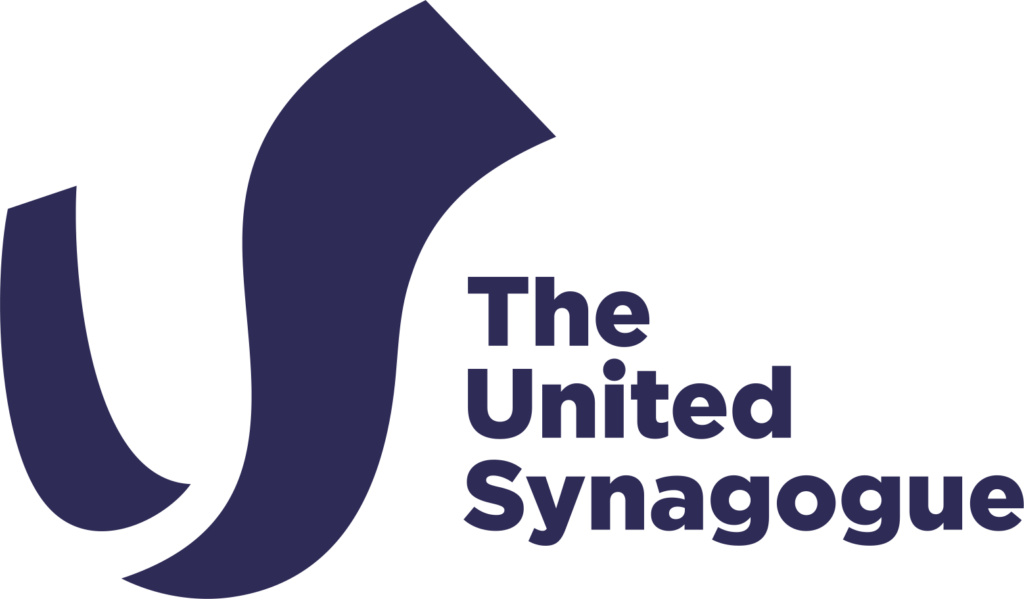By Rebbetzen Freda Kaplan, Tribe Israel Educator
Do you sometimes feel you are sleepwalking through life? That you are sort of on autopilot, missing out on how life is supposed to be? Perhaps you have the feeling that you are not sure of the significance of your life or how it fits into the bigger picture?
There are many reasons proposed in rabbinic literature for reading the book of Yona (Jonah) on Yom Kippur. One suggestion that particularly resonates with me focuses on the interaction between Yona and the captain of the unfortunate ship.
The book of Yona starts with God instructing Yona to travel to the great city of Nineveh and there proclaim judgement upon it. Yona, however, decides to flee from the service of God, and embarks on a ship heading in the opposite direction. According to biblical commentator Rabbi Avraham ben Meir Ibn Ezra (1089-1167), Yona is not running away from God, but from the mission that God has charged him with.
When a great tempest comes upon the sea and the ship is in danger of breaking up, Yona descends to the hold and proceeds to fall asleep. The text uses the word vayered (he went down) three times in three verses (Yona 1:3-5). Perhaps the intention is to emphasize Yona’s state of mind: inward self–escape, running to sleep, escaping his responsibility. From the text it is clear that Yona understands the storm is a consequence of his behaviour. In verse 6 we read, “The captain called to him, ’How can you be sleeping so soundly?’”, the subtext being, ‘Who are you?’ Understood existentially, it means: what kind of man are you to be sleeping through this storm when we are in danger?! Where is your sense of social responsibility? The captain is amazed that Yona thinks he can avoid his destiny by sleeping life away. What about struggling to navigate life’s challenges, reaching for a ‘higher self’?
Rabbi Eliyahu Kramer, known as the Gaon of Vilna (1720-1797) sees the book of Yona as an allegory with a complex interpretation. Based on his commentary, Yona the prophet represents the soul, the boat represents the body and the captain’s voice is the heart. In the struggle of the spirit in a physical world, the heart’s role is to be the moral compass.
The calling of the captain is quoted in the opening line of a very famous and cherished liturgical poem in the Sephardi tradition of selichot (prayers for forgiveness), recited for 40 days from the first of the month of Elul until Yom Kippur. “Son of man, why have you fallen asleep? Get up, call, plead, pour out your heart and seek repentance”
This is the essence of the Yamim Noraim, the ‘Days of Awe’, when we are beckoned to wake up from hibernation, whether an emotional one or a spiritual one, neglecting our moral responsibility. This selicha calls us to repent, to rise up, to grapple with our challenges and to become the best versions of ourselves.
It is so appropriate that we read the story of Yona on Yom Kippur afternoon, at a time when we tend to drift off into that slumber that comes with an empty stomach… Both Yona and his captain remind us: Do not go back to sleep. Whether literally or figuratively, these are important voices to carry with us for the entire year.

